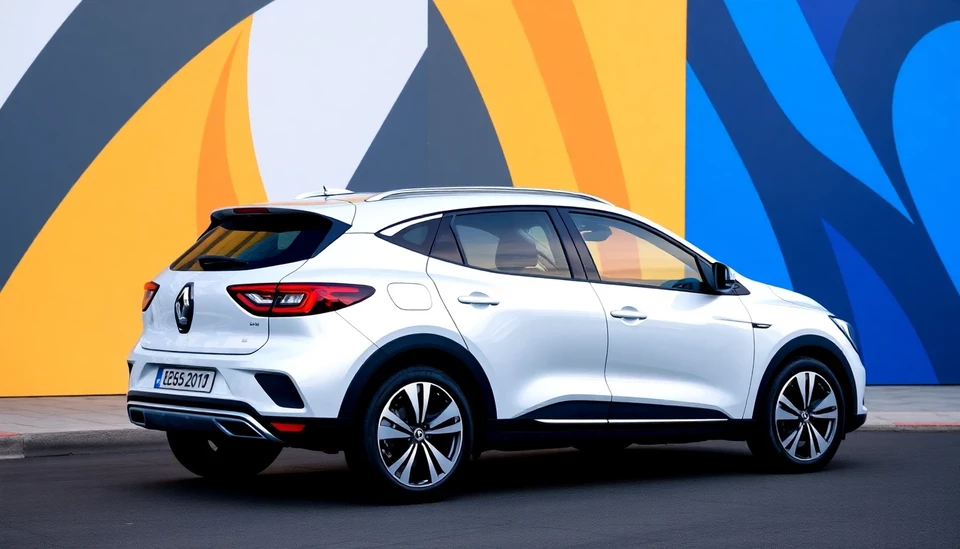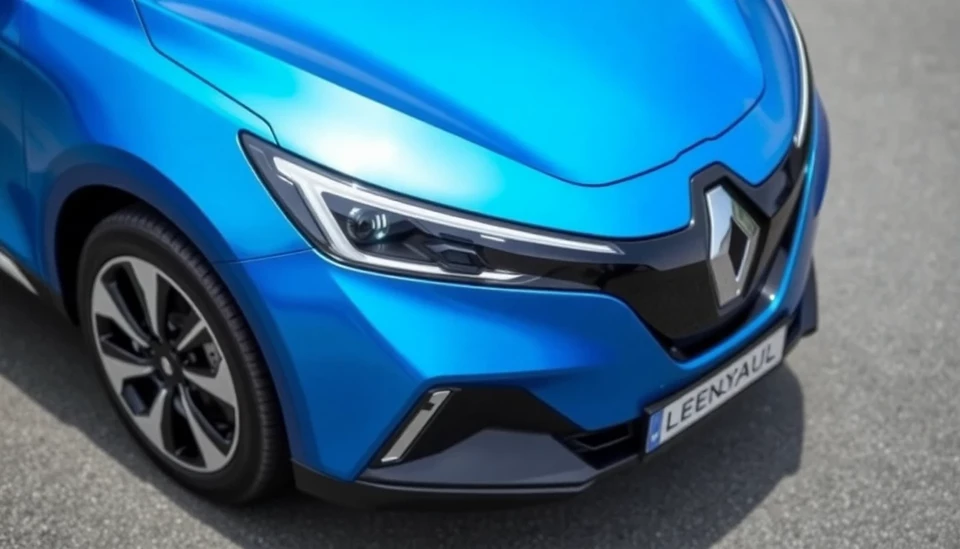
In a significant shift within the automotive industry, Jean-Dominique Senard, the chairman of Renault, is set to step down from his role on Nissan Motor Co.'s board. This development comes as part of a broader realignment within the multinational alliance that links Renault and Nissan and reflects ongoing transformations in the company’s governance and strategic direction.
According to sources close to the situation, Senard’s departure from Nissan’s board is expected to be formalized in the coming days. This decision represents not only a change in personnel but also underscores the evolving relationship between the two companies, especially in light of their recent struggles and the competitive landscape of the automotive market.
Over the past few years, tensions have emerged within the Renault-Nissan alliance, primarily following the arrest and ousting of former Nissan Chairman Carlos Ghosn in 2018. Since then, the partnership has faced challenges including management disagreements, fluctuating market conditions, and shifts in strategic priorities. Senard took the reins at Renault shortly after Ghosn's exit, tasked with stabilizing the alliance and fostering cooperation between the French and Japanese automakers.
While Senard's departure from the Nissan board marks a notable change, it also reflects his focus on overseeing Renault's strategies amid a rapidly evolving automotive landscape dominated by electric vehicle (EV) technologies and changing consumer preferences. Under his leadership, Renault has been pushing into electric mobility, aiming to cement its position in the market as global automakers shift towards sustainability.
During his tenure, Senard has often emphasized the importance of collaboration within the alliance to enhance competitiveness against larger automotive players. His departure from Nissan's board may reshape the dynamics of this relationship as both companies continue to grapple with the implications of digital transformation and electrification.
As the company approaches a new chapter, industry observers will be keenly watching how Nissan and Renault adapt their governance structures and leadership strategies to navigate the complexities of modern automotive demands. The implications of Senard's exit could lead to a reevaluation of their joint plans, particularly in areas like joint ventures, product development, and technology sharing.
Overall, Senard's imminent departure serves as a pivotal moment in the alliance's ongoing transformation, potentially setting the stage for new leadership and strategic initiatives that could redefine the future of both automotive giants.
As Renault and Nissan forge ahead, stakeholders will be watching closely for further announcements regarding leadership shifts and the implications for their joint strategies moving forward.
#Renault #Nissan #JeanDominiqueSenard #AutomotiveIndustry #LeadershipChange #ElectricVehicles #CorporateGovernance #AllianceTransformations #CarlosGhosn
Author: Victoria Adams




